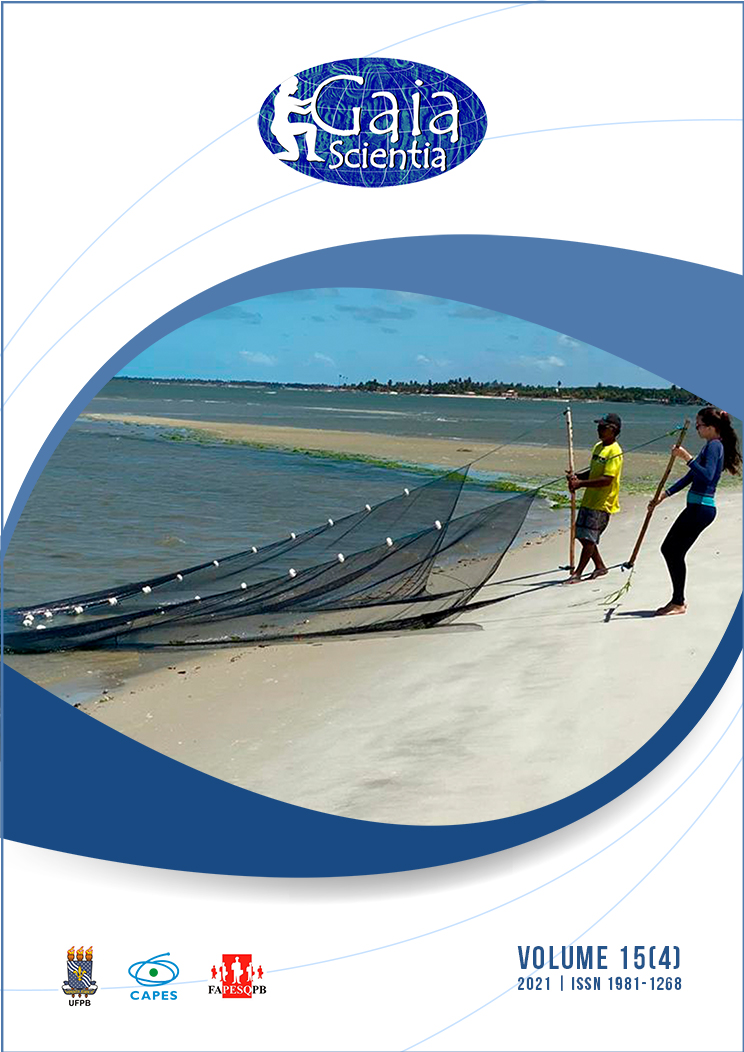Avaliação das pegadas hídrica e de carbono na produção de amêndoa de castanha de caju
Abstract
The production of cashew nuts is a traditional activity in the Northeast Region of Brazil, with production chain formed by large and small factories, among which stand out as mini factories (MFs). Previous studies analyzed the technical and social benefits of these units, however, they did not consider the environmental impacts. This work evaluated the water footprint (WF) and carbon footprint (CF) of cashew kernels processed in MF in Ceará, through the life cycle assessment. Agricultural production of cashew nuts and almond in MFs were considered, in a cradle-to-gate approach. The evaluation was related to 1 kg of almond. The evaluation showed that the average CF was 10.92 KgCO2eq/Kg of almond, with the greatest impact on agricultural production, while production mini-factories was the process that most contributed to the water footprint of the cashew kernel (between 9.92% and 98.04%). The production footprint at the mini-factories came mainly from polyethylene packaging. Among the alternative production scenarios analyzed, the greatest reduction in footprints (11.94% in CF and between 1.93% and 49.10% in WF) occurred when glass was used instead of polyethylene (scenario 4).










